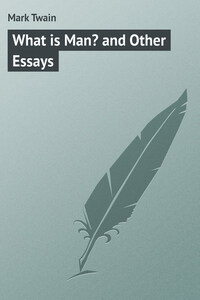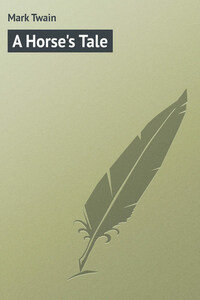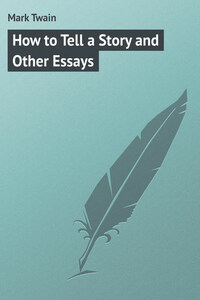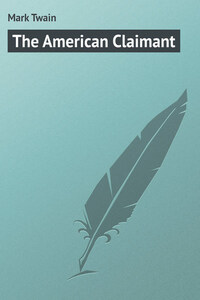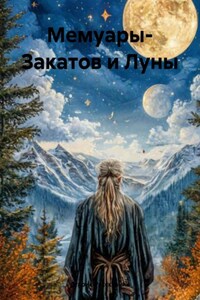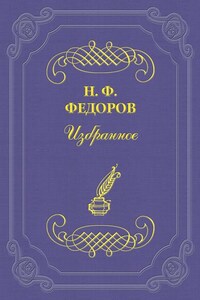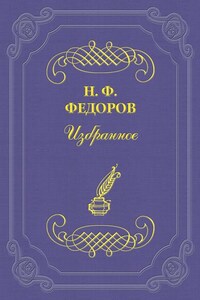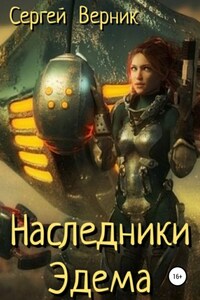I
a. Man the Machine.
b. Personal Merit.
(The Old Man and the Young Man had been conversing. The Old Man had asserted that the human being is merely a machine, and nothing more. The Young Man objected, and asked him to go into particulars and furnish his reasons for his position.)
Old Man. What are the materials of which a steam-engine is made?
Young Man. Iron, steel, brass, white-metal, and so on.
O.M. Where are these found?
Y.M. In the rocks.
O.M. In a pure state?
Y.M. No – in ores.
O.M. Are the metals suddenly deposited in the ores?
Y.M. No – it is the patient work of countless ages.
O.M. You could make the engine out of the rocks themselves?
Y.M. Yes, a brittle one and not valuable.
O.M. You would not require much, of such an engine as that?
Y.M. No – substantially nothing.
O.M. To make a fine and capable engine, how would you proceed?
Y.M. Drive tunnels and shafts into the hills; blast out the iron ore; crush it, smelt it, reduce it to pig-iron; put some of it through the Bessemer process and make steel of it. Mine and treat and combine several metals of which brass is made.
O.M. Then?
Y.M. Out of the perfected result, build the fine engine.
O.M. You would require much of this one?
Y.M. Oh, indeed yes.
O.M. It could drive lathes, drills, planers, punches, polishers, in a word all the cunning machines of a great factory?
Y.M. It could.
O.M. What could the stone engine do?
Y.M. Drive a sewing-machine, possibly – nothing more, perhaps.
O.M. Men would admire the other engine and rapturously praise it?
Y.M. Yes.
O.M. But not the stone one?
Y.M. No.
O.M. The merits of the metal machine would be far above those of the stone one?
Y.M. Of course.
O.M. Personal merits?
Y.M. PERSONAL merits? How do you mean?
O.M. It would be personally entitled to the credit of its own performance?
Y.M. The engine? Certainly not.
O.M. Why not?
Y.M. Because its performance is not personal. It is the result of the law of construction. It is not a MERIT that it does the things which it is set to do – it can't HELP doing them.
O.M. And it is not a personal demerit in the stone machine that it does so little?
Y.M. Certainly not. It does no more and no less than the law of its make permits and compels it to do. There is nothing PERSONAL about it; it cannot choose. In this process of "working up to the matter" is it your idea to work up to the proposition that man and a machine are about the same thing, and that there is no personal merit in the performance of either?
O.M. Yes – but do not be offended; I am meaning no offense. What makes the grand difference between the stone engine and the steel one? Shall we call it training, education? Shall we call the stone engine a savage and the steel one a civilized man? The original rock contained the stuff of which the steel one was built – but along with a lot of sulphur and stone and other obstructing inborn heredities, brought down from the old geologic ages – prejudices, let us call them. Prejudices which nothing within the rock itself had either POWER to remove or any DESIRE to remove. Will you take note of that phrase?
Y.M. Yes. I have written it down; "Prejudices which nothing within the rock itself had either power to remove or any desire to remove." Go on.
O.M. Prejudices must be removed by OUTSIDE INFLUENCES or not at all. Put that down.
Y.M. Very well; "Must be removed by outside influences or not at all." Go on.
O.M. The iron's prejudice against ridding itself of the cumbering rock. To make it more exact, the iron's absolute INDIFFERENCE as to whether the rock be removed or not. Then comes the OUTSIDE INFLUENCE and grinds the rock to powder and sets the ore free. The IRON in the ore is still captive. An OUTSIDE INFLUENCE smelts it free of the clogging ore. The iron is emancipated iron, now, but indifferent to further progress. An OUTSIDE INFLUENCE beguiles it into the Bessemer furnace and refines it into steel of the first quality. It is educated, now – its training is complete. And it has reached its limit. By no possible process can it be educated into GOLD. Will you set that down?
Y.M. Yes. "Everything has its limit – iron ore cannot be educated into gold."
O.M. There are gold men, and tin men, and copper men, and leaden mean, and steel men, and so on – and each has the limitations of his nature, his heredities, his training, and his environment. You can build engines out of each of these metals, and they will all perform, but you must not require the weak ones to do equal work with the strong ones. In each case, to get the best results, you must free the metal from its obstructing prejudicial ones by education – smelting, refining, and so forth.
Y.M. You have arrived at man, now?
O.M. Yes. Man the machine – man the impersonal engine. Whatsoever a man is, is due to his MAKE, and to the INFLUENCES brought to bear upon it by his heredities, his habitat, his associations. He is moved, directed, COMMANDED, by EXTERIOR influences – SOLELY. He ORIGINATES nothing, not even a thought.
Y.M. Oh, come! Where did I get my opinion that this which you are talking is all foolishness?
O.M. It is a quite natural opinion – indeed an inevitable opinion – but YOU did not create the materials out of which it is formed. They are odds and ends of thoughts, impressions, feelings, gathered unconsciously from a thousand books, a thousand conversations, and from streams of thought and feeling which have flowed down into your heart and brain out of the hearts and brains of centuries of ancestors. PERSONALLY you did not create even the smallest microscopic fragment of the materials out of which your opinion is made; and personally you cannot claim even the slender merit of PUTTING THE BORROWED MATERIALS TOGETHER. That was done AUTOMATICALLY – by your mental machinery, in strict accordance with the law of that machinery's construction. And you not only did not make that machinery yourself, but you have NOT EVEN ANY COMMAND OVER IT.
Y.M. This is too much. You think I could have formed no opinion but that one?
O.M. Spontaneously? No. And YOU DID NOT FORM THAT ONE; your machinery did it for you – automatically and instantly, without reflection or the need of it.
Y.M. Suppose I had reflected? How then?
O.M. Suppose you try?
Y.M. (AFTER A QUARTER OF AN HOUR.) I have reflected.
O.M. You mean you have tried to change your opinion – as an experiment?
Y.M. Yes.
O.M. With success?
Y.M. No. It remains the same; it is impossible to change it.
O.M. I am sorry, but you see, yourself, that your mind is merely a machine, nothing more. You have no command over it, it has no command over itself – it is worked SOLELY FROM THE OUTSIDE. That is the law of its make; it is the law of all machines.
